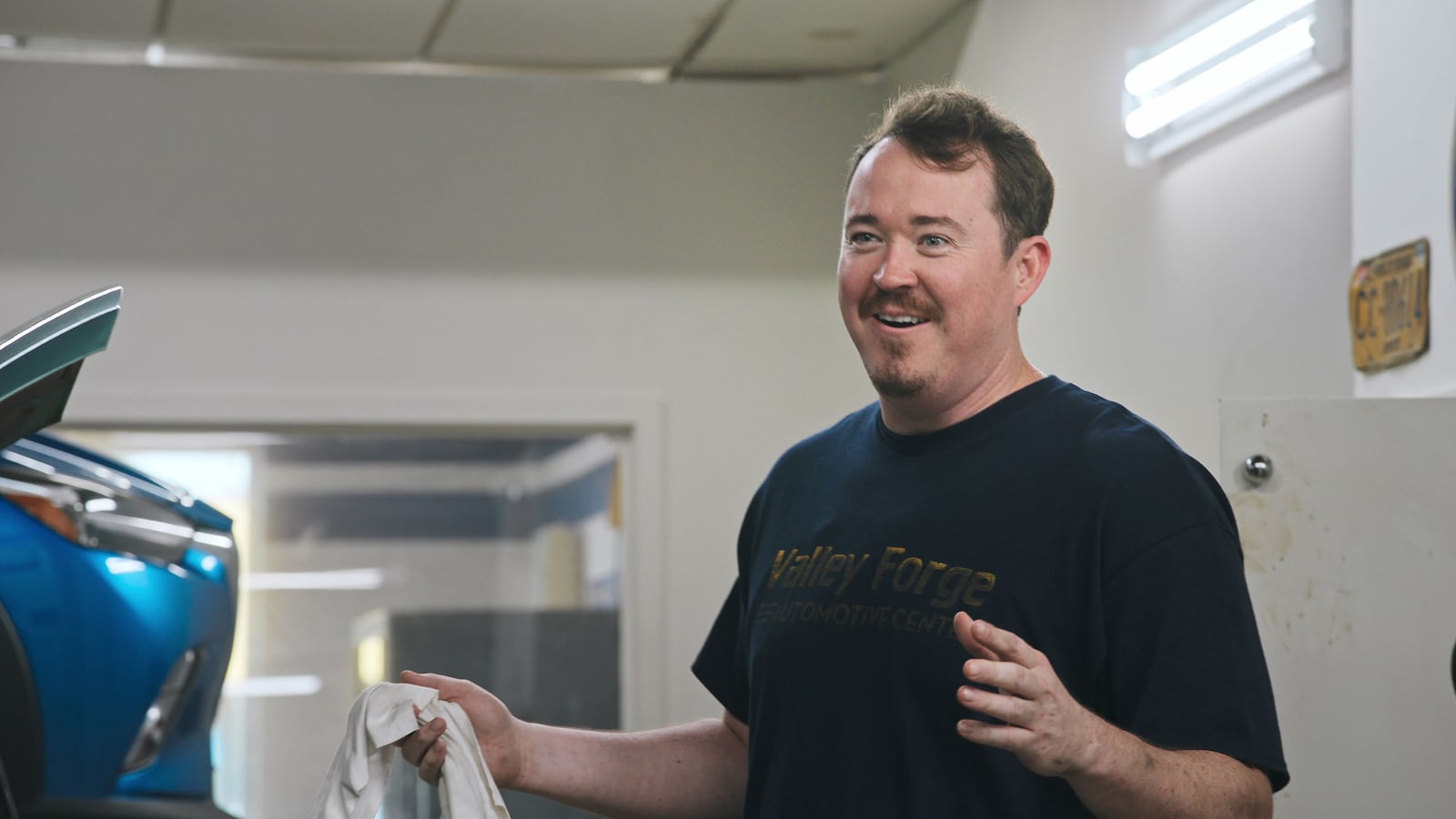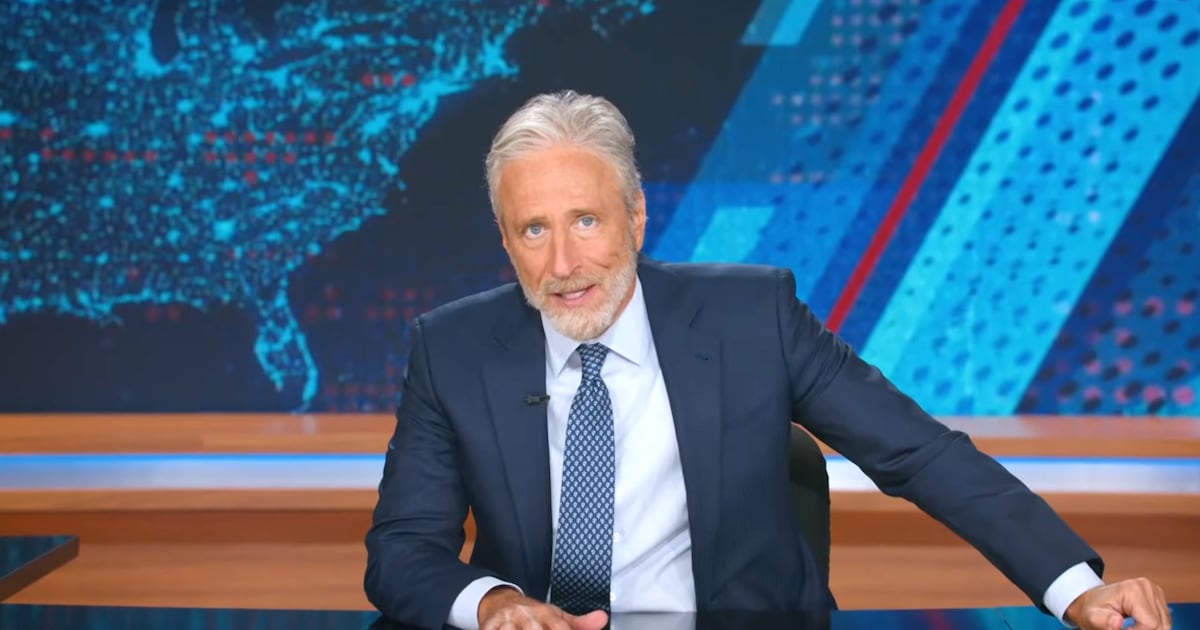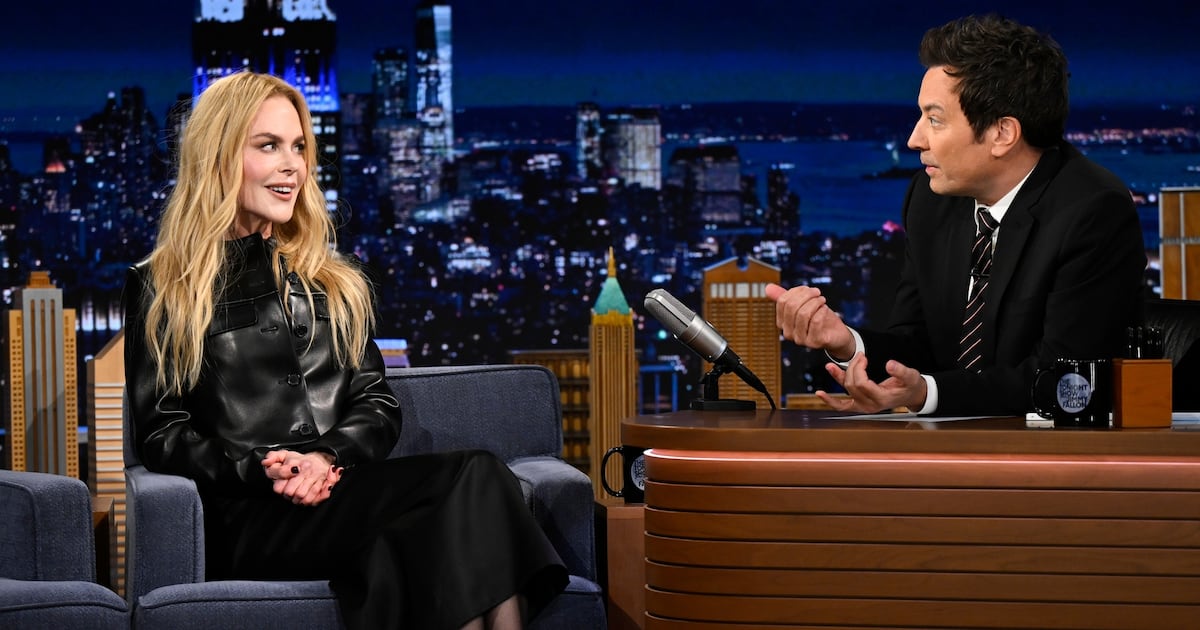From a distance, Tires looks like a sitcom, maybe even enough to inspire some knee-jerk nostalgia for a time when comedies had a familiar shape, undistorted by atypical streaming models or low-laugh dramedies.
The bona fides here are instantly recognizable. Episodes run around 22 minutes. The show stars Shane Gillis, popular stand-up comedian who parlayed being “canceled” and fired from Saturday Night Light into folk-hero mega-success. Here, he plays a character who shares his first name, like any number of ’90s-era vehicles. It’s set at a workplace, in this case an auto center, allowing the show to throw a handful of eccentric, underdog personalities together and bumble through some easy-to-digest situations. At the same time, Tires avoids the corny, predictable rhythms of a pure throwback: It’s a single-camera show with a little bit of handheld quasi-verisimilitude. It resembles a little of The Office, a little of Taxi, and a more blue-collar Home Improvement.
Looking closer, however, reveals Tires as an even more contemporary phenomenon: the seemingly straightforward sitcom that’s pieced together from hazy, secondhand recollections of previous shows—a sitcom that’s like a pop quiz the creators arrogantly refused to study for. Marvel’s She-Hulk was one of these half-formed, rough-draft, written-from-memory shows; Tires is another, made for anyone who hated She-Hulk for its wokeness. It’s a bros-will-be-bros hangout session where comedians can cosplay as working class, valorizing their hackiest and most bullying instincts as regular-guy joshing.
Co-created by Gillis, his sketch comedy collaborator John McKeever (here credited as simply McKeever), and Steve Gerben, the Netflix show stars Gillis and Gerben as cousins, for no real reason beyond the fact that the show seems to think the idea of cousins is inherently funny. (Early on, a pair of rival auto-shop workers angrily insist that everyone evaluate the hotness of their female cousin.) Will (Gerben) is the son of the auto-center chain’s owner; he’s been handed a job managing one of its lower-performing locations, and is desperate to prove himself, while his employee Shane (Gillis) is desperate to avoid work.

Tires
Netflix/NetflixActually, Shane doesn’t really express desperation, comic or otherwise; expressing anything may be antithetical to his acting style. Mostly, he sits around on the verge of a smirk, self-satisfaction dawning in his eyes whenever he realizes he can do or say something to mess with Will, whose crimes include awkwardness, well-meaning stupidity, and wanting to be good at his job. Their dumb-and-dumber act doesn’t have any Beavis and Butt-Head-style poetic interplay, where dialogue builds up layers of inspired stupidity and power dynamics can shift hilariously with a swift kick to the nads. It’s just one guy showing off by bullying another, in a show that considers Gillis so inherently likable that even his most sociopathic behavior or lines should be funny—after all, “Shane” isn’t really him. The assumption is that if there’s reasonable doubt that Gillis doesn’t mean what he’s saying, then anything he says will therefore be amusing, and maybe somehow count as self-aware.
Here’s an example: In one episode, Will brings in a gig-worker graphic designer (comedian Anthony Moore) to help him with a PowerPoint presentation. The quiet, mild-mannered man is Black, so when Will introduces him to Shane, Shane asks if Will has any Black friends. Will clarifies that this guy is here to help him with a PowerPoint, not as a fake friend, but Shane presses the issue anyway, wheedling Will into (presumably) lying about having a Black friend in front of a Black person. Zing?
A flustered white guy backing into a lie about his diverse social circle is a hacky, secondhand routine at this point, discount-store The Office stuff made novel only by the suspicion that Gillis and his collaborators have stolen the bit without actually understanding it.
Will isn’t putting on airs or trying to impress the freelance worker, so there’s nothing for Shane to puncture. Shane isn’t causing discomfort in a clever, insidious way; he’s just asking him an awkward question and watching his cousin squirm, then calling him out for squirming, a point-and-laugh approach to comedy. The show also doesn’t care whether this might make the actual Black guy in the scene uncomfortable, even if that discomfort could be funny. Though Moore steals some amusing reactions in the episode, especially his underplayed but clear-eyed enthusiasm for Shane redirecting his talents toward drawing cartoons of buxom women, Tires uses him as a prop, not a person.
So why is any of this supposed to be funny? Tires plants itself firmly in the it just is, don’t think about it school, where anyone who objects is an oversensitive scold. (I’m basically pre-plagiarizing from the angry tweets I’m sure to receive from the most dedicated parasocial Friends of Gillis.) But even for a show whose entire season runs about the same length as a poorly paced feature film, there has to be some kind of comic tension—some goal, however silly or petty—to keep scenes moving through all the first-draft dudespeak. (Literally. At times, the show approaches a two-“dudes”-per-sentence average.)

Tires
Netflix/NetflixA simple yet belabored plan to save the auto center doesn’t cut it. Will cares about his job more than really makes sense, while Shane appears indifferent. Gillis has a few funny lines where he admits, with surprising directness, to the dead-end nature of his character’s job and life. The nothing-to-lose nihilism at the margins of the show might have been interesting to explore further.
But the series can’t commit to anything so dark; it wants to keep things light—you know, with jokes about sex trafficking and calling girls “sluts.” By season’s end, it’s abruptly accelerating to later-period The Office, making the absurd claim that, actually, these guys are kind of good at their jobs and care about each other. It’s not remotely earned, and it has the self-aggrandizement of the worst Adam Sandler movies (minus Sandler’s goofball whimsy, as well as his charisma). If Tires doesn’t wind up feeling much like a sitcom, that’s because it’s not; it’s a vanity prize in the shape of one.






